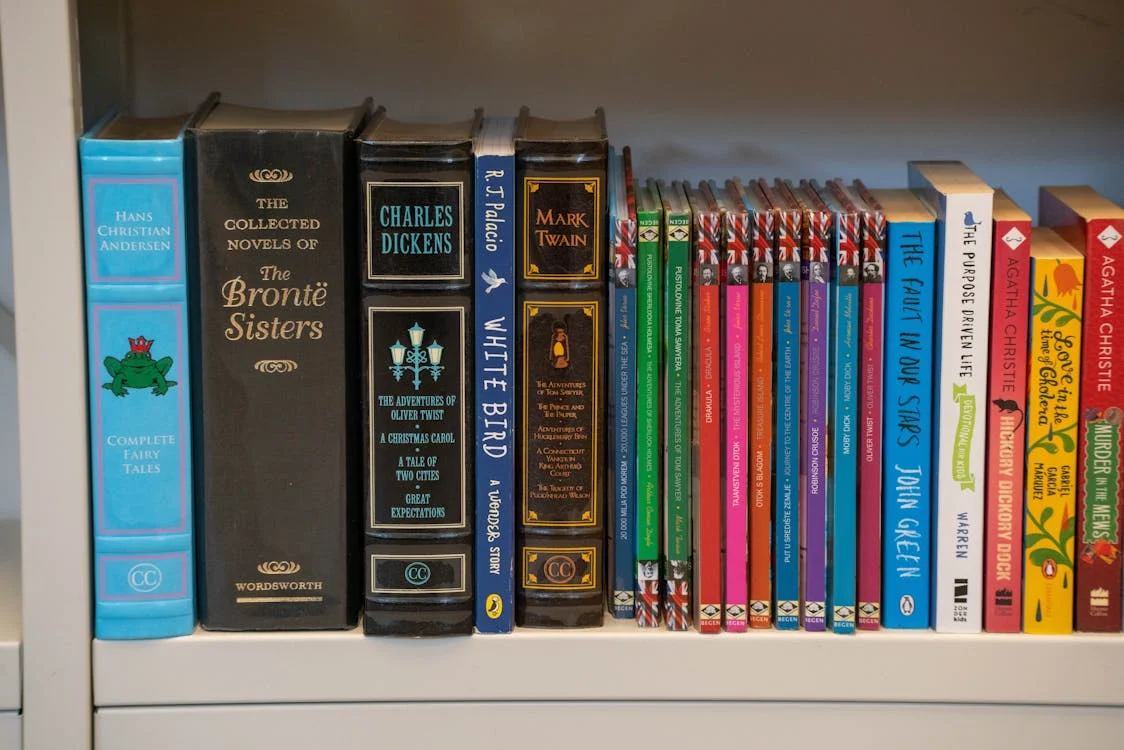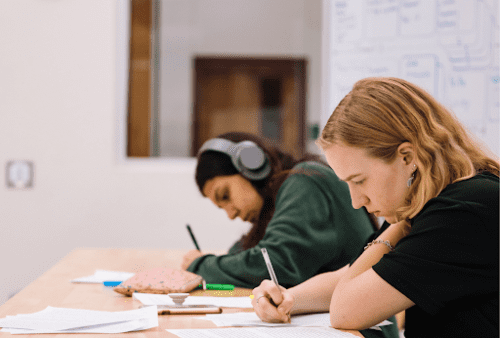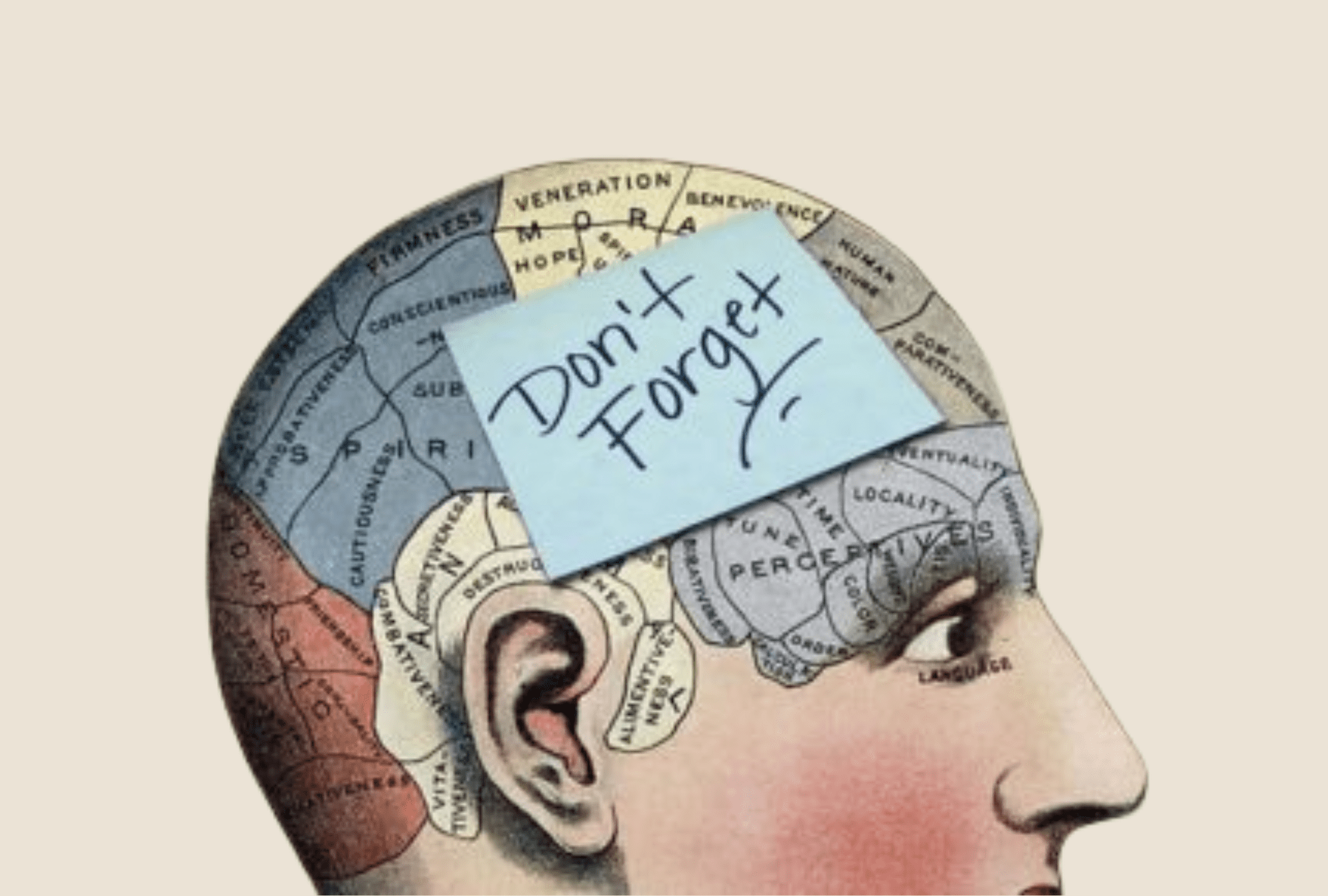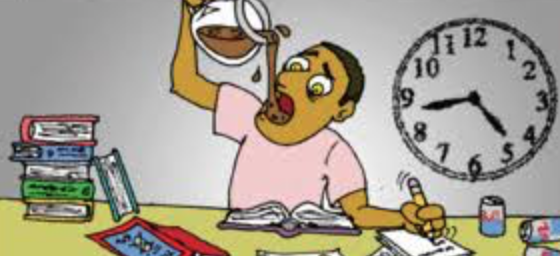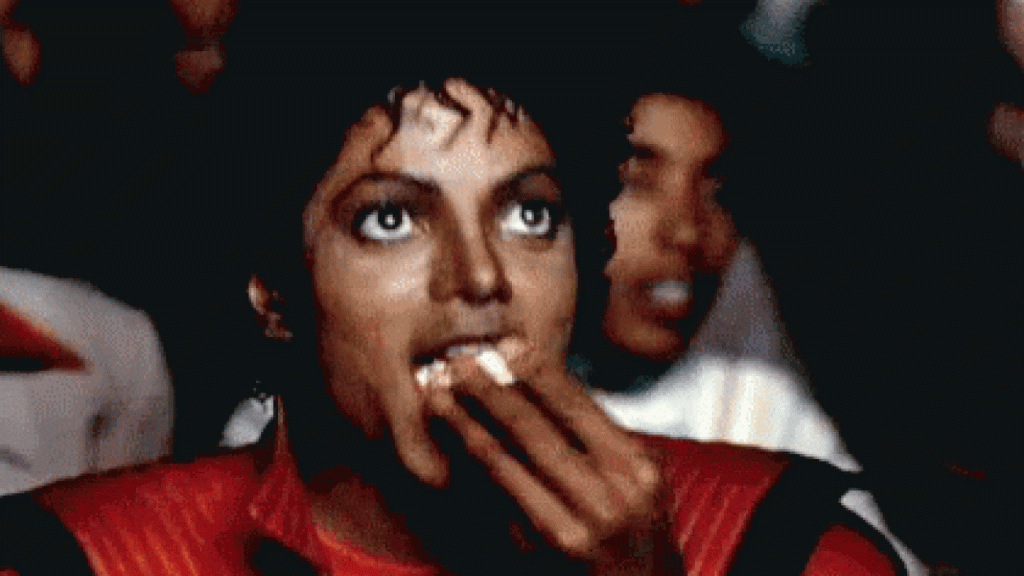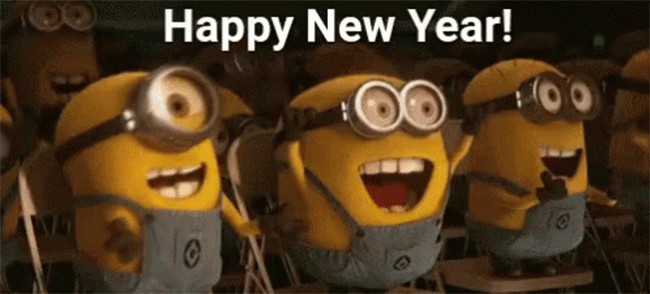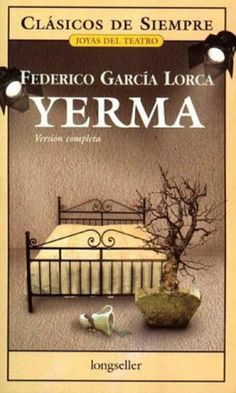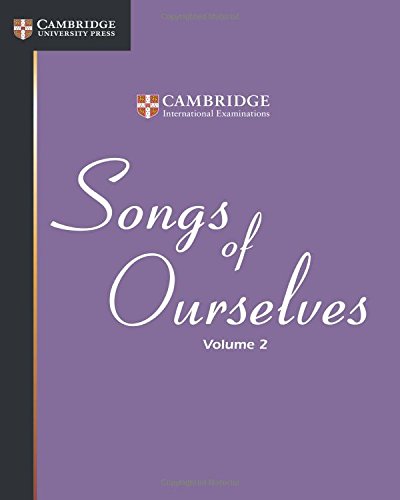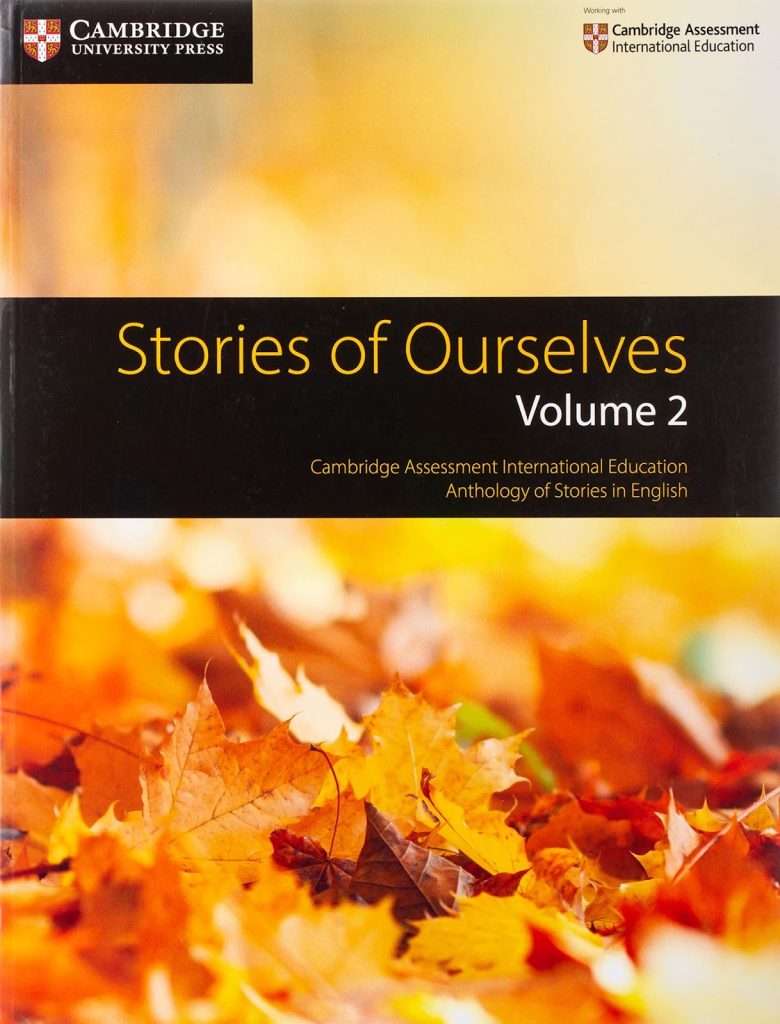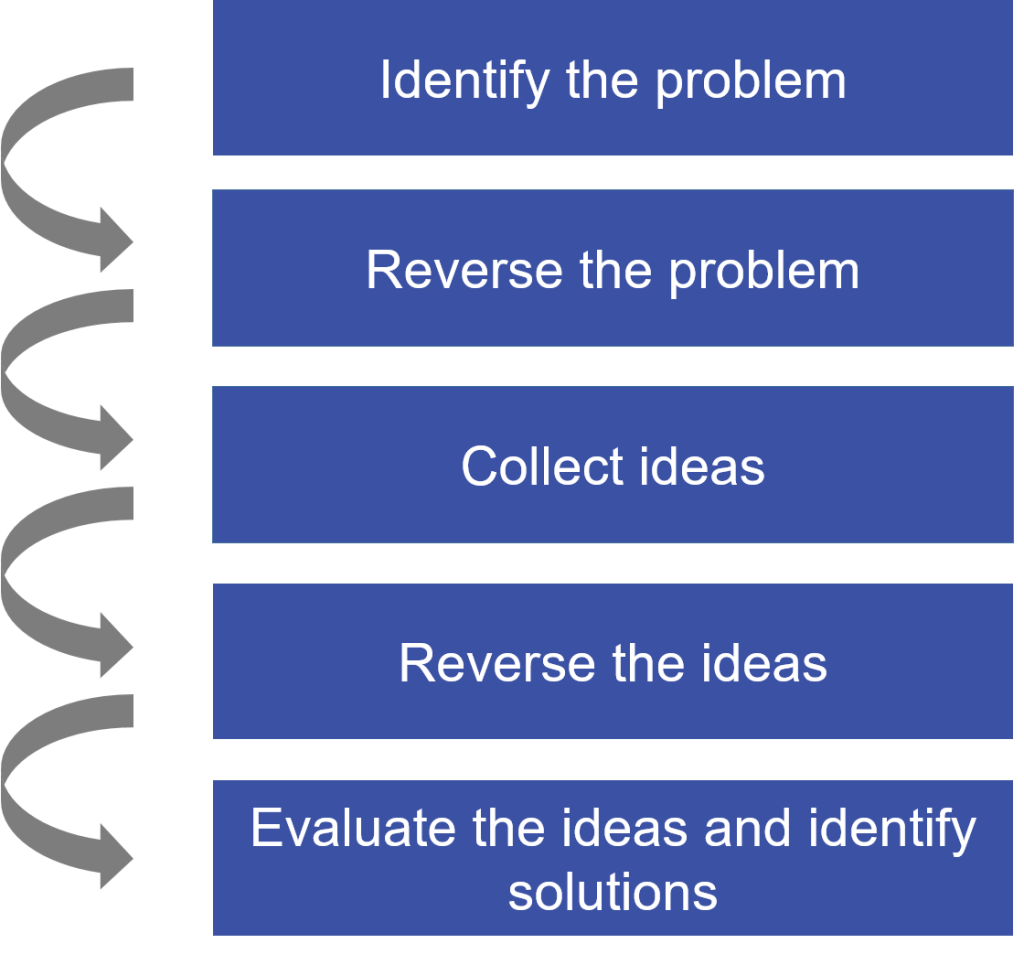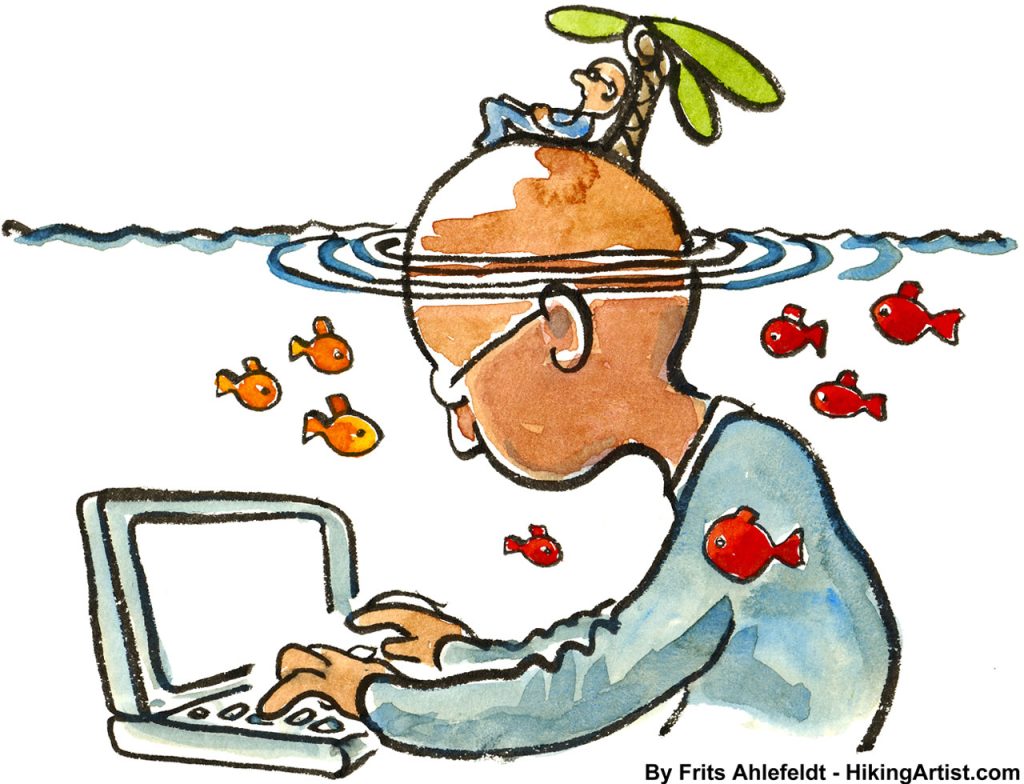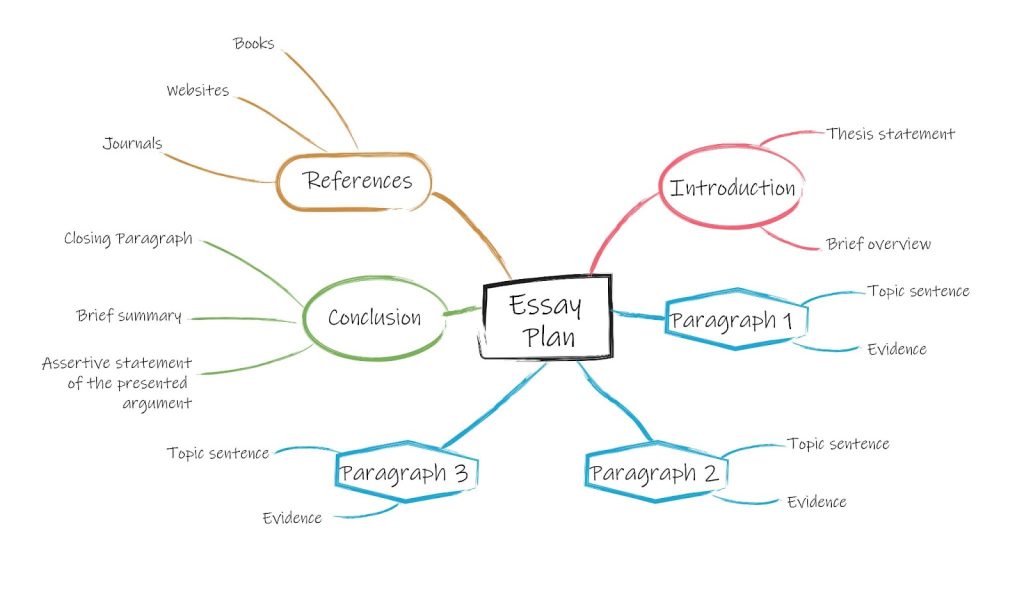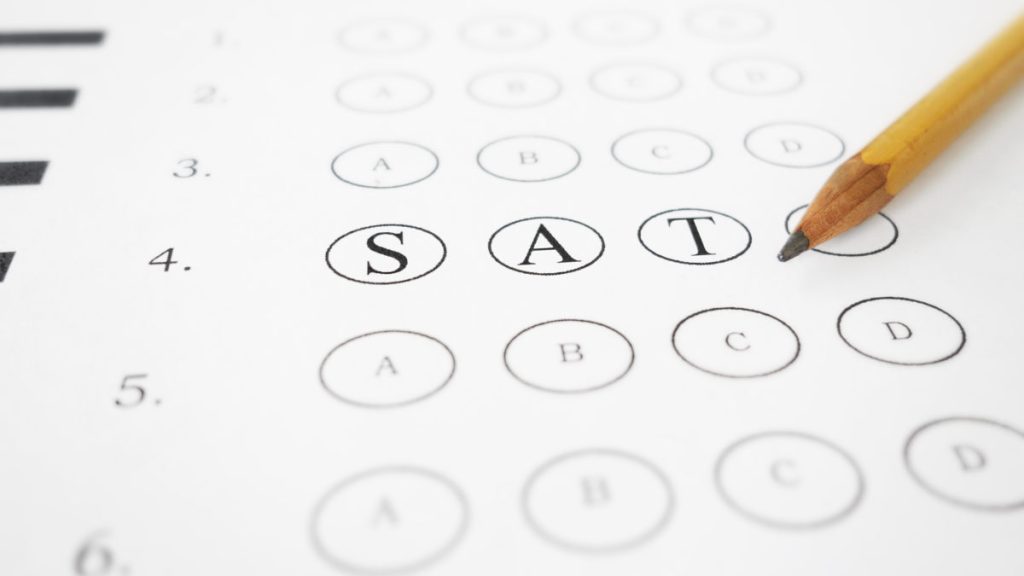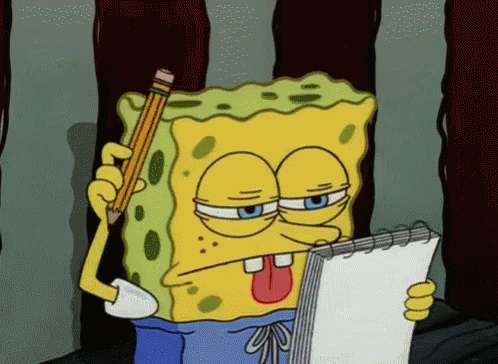IB Media Analysis Essay – now this section of the IB English paper is a challenge for many students because of its nature. It’s an unseen text with no hint beforehand. The only way to ace this paper is lots of practice, getting your basics right and maybe some magic dust!
Easy? Then skip the article and score away! No? Read ahead then.
IB LangLit Paper 1 at a glance
As if choosing between IB LangLit and IB Literature wasn’t a conundrum on its own, it is essential especially for someone new to the IB DP to understand the paper pattern for IB LangLit.
The IB LangLit component consists of 2 papers. Bear in mind that there’s an SL (Standard Level) and an HL (Higher Level) in these papers; and there is a choice between these levels in all 6 subjects of the IB DP. IB LangLit Paper 1 SL is a paper of Media Analysis, aka the subject of our blogpost today. This analysis is delivered in an essay format, and the structure of your essay will also play a key role in scoring well.
What’s the difference between SL and HL?
The only difference between SL and HL for particular components (post 2021) is that the former has one question on the media analysis of a non-literary text whereas the latter has 2 questions on 2 different texts.
Types of texts involved in IB LangLit Paper 1
So what type of texts are we talking about? The term ‘Media Analysis’ is a lucrative and frankly generic term which refers to many text types spanned across multiple modes of media. It could be a magazine article on real paper, or a tabloid piece on the web. Apart from these, there are advertisements, posters, comic strips, newspaper articles, infographics, interviews, travel stories, service/product reviews, opinion pieces, blog posts and even journal entries – you name it. Seems like a lot, but trust us, you just need to get your basics right and you can analyze any type of text or media.
For that, let’s move on towards our Young Scholarz (YS) Approach to IB Media Analysis.
The YS Way of Analyzing text
Here are a few ways to approach and build your skills for IB Media Analysis:
1. Identify the text and its purpose
We’ve given you the ammunition – the entire list of possible text types. Once you’ve successfully identified the type of the text, you can approach it with full gusto and many ideas also come into being. For example, let’s take a look at this interview with Minoli Salgado. Spend some time studying the text at a glance.
A few questions to ask yourself:
- What is the mode of this text?
- Has it been published online, or does the layout look like that of a newspaper/magazine?
- Who is the author of the text, what is the purpose of this text?
- What type of content do you see?
- What’s the tone and mood of this text?
2. Identify the themes, global issues, and its brief overview
These are key to your analysis – structure your essay on the basis of its themes. Let’s look at the interview mentioned above – some questions to ponder on:
- What themes could you come up with?
- What would the overview or main idea of this advert be?
- When we look at it, we see a range of themes – race/ethnicity, feeling of belonging, women empowerment, voice of the oppressed, bias against diasporic writers.
Based on these, you need to build up on your ideas. Try to come up with the main idea for this text and many supporting ideas can come to light.
3. Apply ‘The Big 5’
The essence has been conveyed above, but narrowing it down to these 5 aspects will help you structure a much better, well-organised answer. Famously called The Big Five, or the acronym ACTSS.
- Audience and Purpose
- Content and Theme
- Tone and Mood
- Stylistic Devices
- Structure
Keep these 5 things in mind while analyzing the text and you’re sure to achieve a win.
Do you find this cryptic and difficult to follow? Reach out to our experts for an in-depth understanding of this section with individual, one-on-one focus.
4. Plan, plan, plan
We’ve said it before, and we’ll say it again, but you HAVE TO plan your essay before beginning your answer. There’s no way out of this. Believe us when we say that we’ve seen a huge difference between student answers where they have blindly dealt with their essay and those where they have planned and organised their ideas before they begin. Divide your essay into subtopics, and include relevant examples, literary devices and stylistic features for each of your ideas.
This works for just about any literary answer and makes a TON of difference to the quality of your answer.
5. Annotate as you read
How do you extract important points from the text? Use a pencil and underline those words, images; put those grey cells to use as soon as you’ve begun on the title of the text. Circle, doodle around, but make sure to highlight any bits of information that add value to your ideas. This could be words, images, colour schemes, font size and style – these are crucial to your answer.
Annotating the text is a great way of ensuring that you’ve picked up information without reading the text a second time, saving extra time to focus on your essay.
6. Study the stylistic features
As we’ve mentioned before, the essay is broken down into different aspects that you need to identify. You need to study what stylistic features and literary devices are beforehand, and this is key to analyzing any text type. The ability to identify the role that images, colours, font-sizes and layouts play in achieving meaning and effect upon the reader is all that the question is about. You’ve got your main idea, themes, and examples from the text. All you need to do now is practice.
7. Practice, practice, practice
We’re confident that this blogpost has laid out key pointers for you to attempt the LangLit Paper 1, but you know it’s not that easy!. We have students coming in every day but yet, we don’t give them a grade 7 after their very first practice assignment. Why? Because practice and ONLY practice will help you out with scoring well. Along with that, you also need to know your errors and work on them.
At Young Scholarz, we can help you do just that. With detailed and personal feedback, we have seen students go from a 4 to 7 in just a few months’ time, depending on the student’s inputs too of course.
Now that we’ve brushed up on tips, would you be able to analyze this text/ blog post you’ve just read? Leave comments below – we’d love to hear from you.




